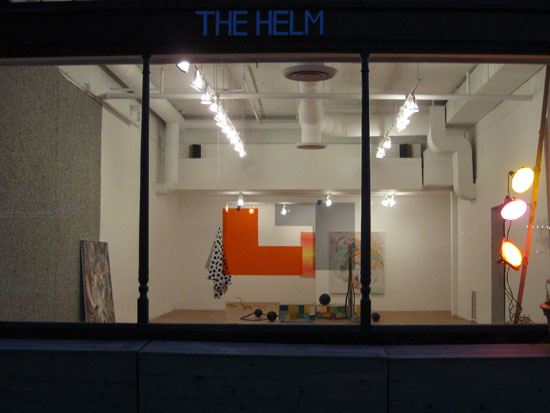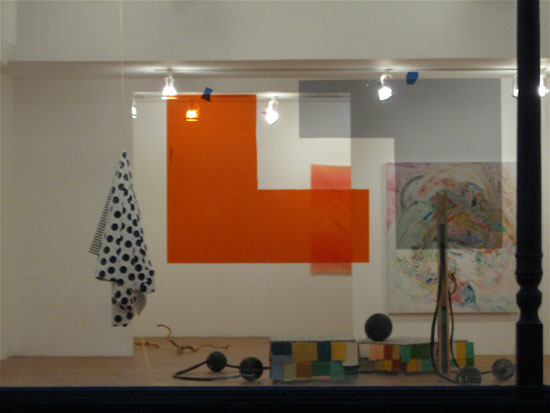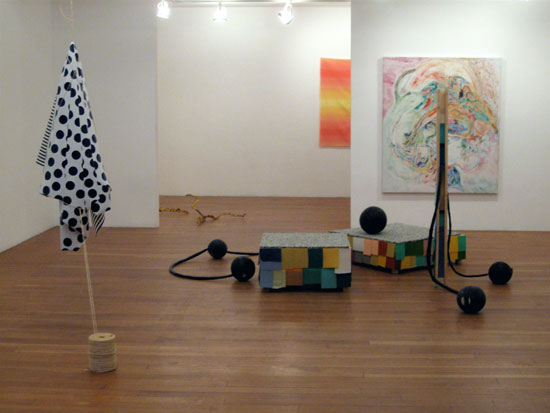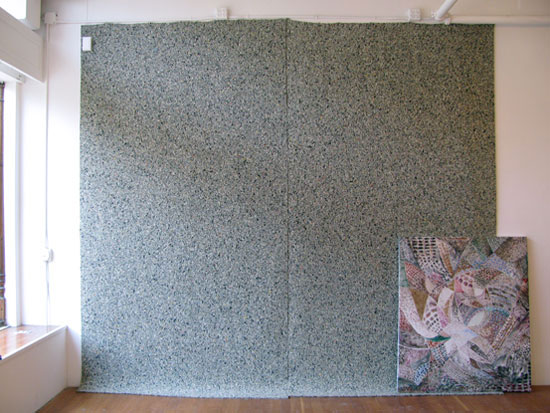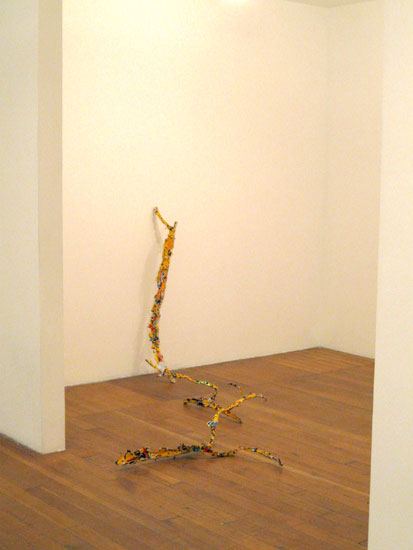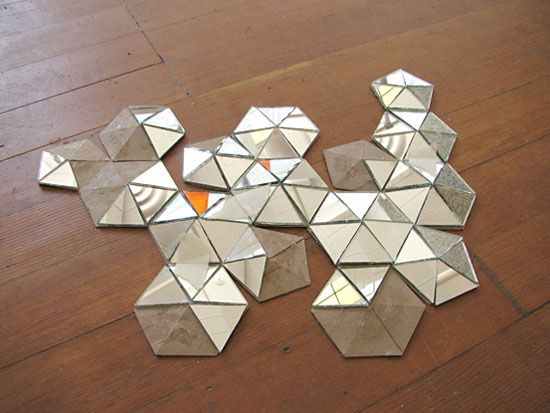
April 16th - May 14th 2009 at the Helm Gallery , Tacoma, Wa
“It has
always been a place of abundance. Long before the arrival of European settlers,
the area’s resources allowed indigenous peoples to develop uncommonly
rich artistic traditions. Once settlers arrived, these same resources—timber,
fish, rich land—enabled economic prosperity.” (Alaska Airlines Inflight
Magazine, October 2007)
We have coined the name ’second peoples’ to describe the people
who arrive late on the scene, after the beginning, after the abundance, after
the traumatic event, after everything’s been said and done, after, even,
the end. We are the second peoples. Chances are, you are too.
This is an exhibition dealing with what it means to be second. We inhabit a
landscape of iteration, reverb, elision, and generational noise. Our corner
of North America–these mountains, that timber, this rich land–belonged
to someone else. Our popular culture–those TV shows, that movie sequel,
this new band that is so retro they’re cool–belonged to some other
time. Our art is that way, too: this gesture to Donald Judd, that nod to Philip
Guston, that Eva Hesse wink.
We are interested in locating the coordinates of this second position. How did
we end up here? What is our responsibility for what happened before us? What
is our responsibility for the things that happen now in our names? Like Simone
de Beauvoir argues in “Second Sex”, we think we should be free to
transcend ourselves as subjects, to not be confined to existential leftovers.
Contemporary art is concerned with this alchemy, trying to turn second-handedness
into first-handedness, reversing the flow of energy, presenting not representing,
creating value from valuelessness. We think this is a worthwhile activity. We
also think it is a fraught activity. The work in this exhibition exposes some
of the fractures created by this ceaseless turning, and also dreams of a third
position, a reification of our desire to escape, a momentary place to stop.
